Eating carbohydrates at night is bad, myth or reality?
Traditionally, the consumption of carbohydrates before going to sleep has been discouraged in virtually all diets with the belief that their intake, as they are not consumed during night rest, will turn into fats, harming the much-needed weight control. A myth that is gradually being banished from nutritional guidelines.
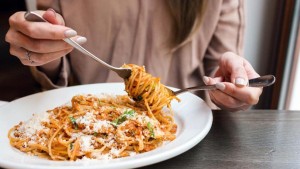
Eating carbohydrates for dinner will not make you gain weight. We explain why.
Carbohydrates are, within macronutrients, the main source of energy for the body, especially if we intend to maintain adequate performance on the bike. But weight control is also another essential parameter for the cyclist and, often, many miracle diets that are usually resorted to advocate for the radical reduction of this nutrient without taking into account that fats, however abundant they may be, are not enough for our bike rides, especially on those days when the intensity increases.
In the specific case of dispensing with carbohydrates at night, we would be making a mistake that will harm our recovery if we have trained in the afternoon and, if we are going to do it in the morning, we will wake up with completely empty deposits and depending only on breakfast, a meal that we are going to take several hours to digest and assimilate until the nutrients are available.
RECOMENDADO
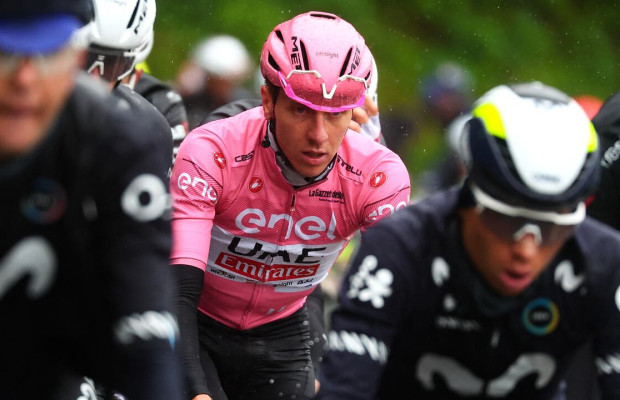
Tips for staying motivated to go out riding when cold, rain or night lurk

Can I go cycling with the flu or a cold?

How to change the pedals of any bike in 5 steps
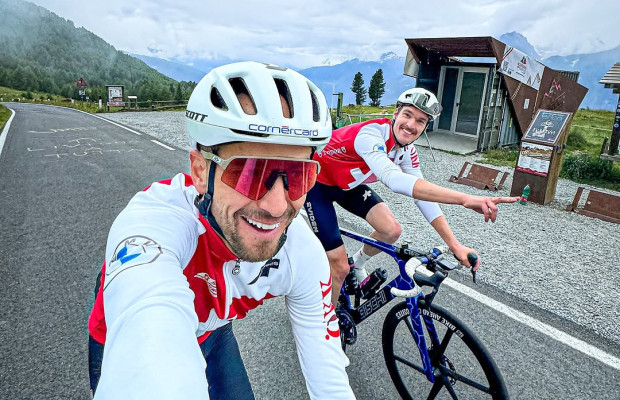
Is it possible to do base training when time is short?

Alcoholic beverages with the fewest calories

Cycling tips for the Christmas season
Also, the body needs carbohydrates during the night, both to feed the neurons and to promote the secretion of different hormones such as melatonin and cortisol, necessary to properly fall asleep and have adequate rest.
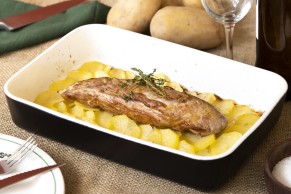
Obviously, if we stuff ourselves with carbohydrates, like those cyclists who devour huge amounts of pasta the night before a ride, yes, in addition to filling the glycogen stores we are going to have an excess that we are not going to consume at night and that the body will have to store in the form of fats, in a process that, on the other hand, involves an extra activity that can harm our rest.
As in everything, the middle ground is usually the virtue, resorting to a sufficient intake of carbohydrates and, since we are not going to need them quickly, minimize the intake of sugars in favor of complex carbohydrates with more progressive assimilation.
The intake and processing of carbohydrates, like with any other food, requires the body an effort to process so, as we indicated before, it can harm our rest. Therefore, we will try to have dinner with enough time before going to bed so that the body can properly digest dinner.
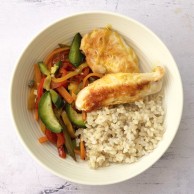
A good dinner should prioritize proteins that will be of great help in the regeneration process that occurs during rest while, among carbohydrates we can choose potato or some other food that provides complex carbohydrates that will be absorbed slowly and progressively which, in addition, will avoid insulin peaks that, for example, can make us wake up in the middle of the night with a feeling of extreme hunger.